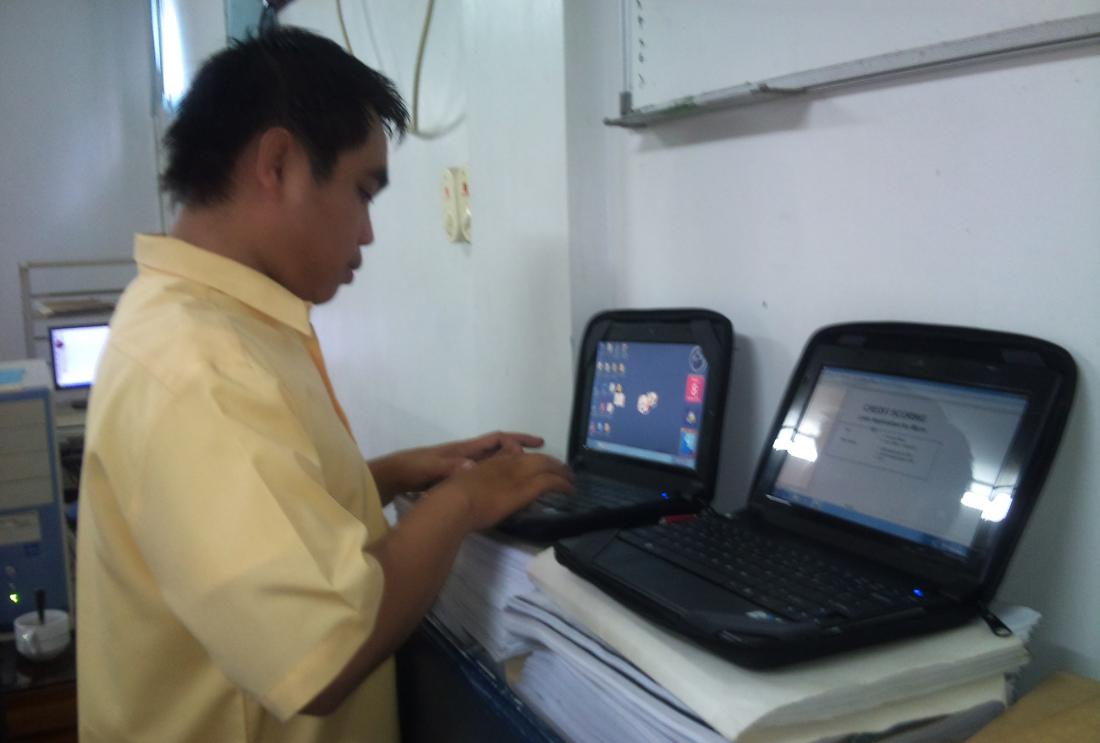Returns to Consulting in the Philippines
- Small and medium enterprises
- Earnings and income
- Business skills training
In developing countries, small and medium enterprises (SMEs) account for a large part of the economy, but they often struggle to expand in the face of constraints, such as a lack of managerial skills. Researchers in the Philippines are examining the various constraints hindering SME growth and evaluating whether graduate business students can effectively teach management skills and improve small business performance.
Policy issue
Small businesses are often believed to serve as engines for innovation, employment and social mobility, due to their flexibility in responding to new opportunities and their potential for rapid growth. In developing countries, small and medium enterprises (SMEs) account for a large part of the economy, yet data suggests that very few of these small enterprises grow into larger businesses. Human capital may be the biggest constraint on such growth if having adequate managerial skills in place is a prerequisite for accessing other resources. However, the market for business skills training is prone to under-investment. Young people and new market entrants are often unable to invest in their own training because of credit constraints--even though it would be privately and socially efficient. Furthermore, a perception exists that managerial skills must be learned through experience, rather than taught, leading to further under-investment in business skills training. This pilot study looks at the various constraints hindering SME growth and evaluates whether graduate business students providing consulting services to small business can be an effective conduit for skill transfer.
Context of the evaluation
This study is being implemented in metro Manila, an area with a large population of small and medium enterprises (SMEs). Within Makati, the sub-district of Manila where this study takes place, there are over 26,000 businesses registered with the local government. These SMEs span a range of industry sectors, including retail, services, manufacturing, real estate, finance, consulting, trading and wholesale.

Details of the intervention
This study evaluates the impact of business skills training offered to owners and managers of SMEs. Prior to the baseline survey, qualitative interviews were conducted with a sample of businesses meeting basic criteria (at least two years in operation in the retail, services (including restaurants/bars), manufacturing, trading or wholesale sector, and a revenue between 1 and 15 million Philippine Pesos). These interviews included open-ended questions on what the business does, its operations, and its key constraints to growth. The purpose of the interviews was to gather information on the specifics constraints affecting SMEs, including problems related to cash flow management, suppliers, clients, marketing, access to credit, human resources, and regulations. The interview also recorded if the business's owner/manager would be interested in receiving free consulting provided by graduate students at the Asian Institute of Management (AIM).
The baseline survey was conducted in September 2011 for those businesses that expressed interest in consulting. The survey collected information on business operations, human resources, marketing, revenue and costs, and access to and use of financial services, including credit. After the baseline, 25 businesses were randomly selected to receive consulting services while 60 businesses served as a comparison.
Over the course of two months, business owners/managers in the treatment group met regularly with two student consultants from AIM. Meetings occurred approximately every two weeks at the business location and lasted for a few hours. Through these meetings, AIM student-consultants learned about the business and its operations, and the business owners/managers discussed the constraints facing their business and the areas needing consulting assistance. The student-consultants then worked with the business owners/managers to develop strategies for addressing their key constraints.
Owners/managers of businesses in the treatment group also had the opportunity to attend a workshop provided by the AIM students, which presented specialized topics related to best practices for SMEs, and also served as a networking opportunity with other entrepreneurs and small business owners in the area.
Both the treatment and comparison groups will be surveyed 6 to 12 months after the initial training to determine if the consulting services helped businesses to improve operations, increase profits, and expand access to credit.
Results and policy lessons
Results forthcoming.